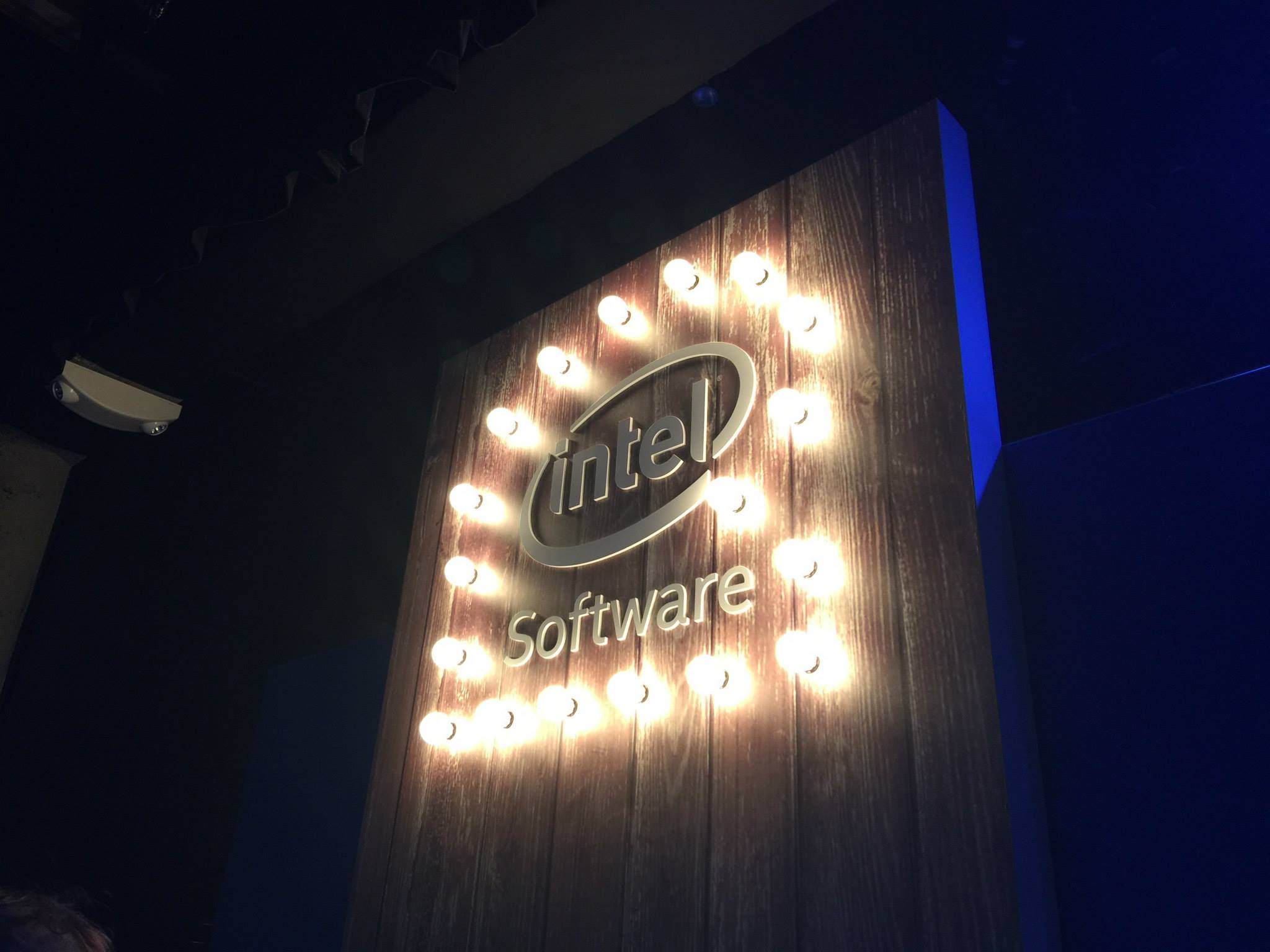Why did the American Intel cut investments in Israel?

All factors that contributed to Intel's decision to prioritize investments in the United States (over those in Israel).
Intel's decision to suspend its investment plans in Kiryat Gat, Israel reflects a wide range of uncertainties in both the geopolitical and economic contexts.
According to the Calcalist website, Intel, an American semiconductor company, has suspended its plans for a total investment (albeit over a very long time horizon) of 25 billion dollars in the Israeli Kiryat Gat site.
HOW RELATIONSHIPS BETWEEN INTEL AND ISRAEL WILL CHANGE
Intel has been a significant player in Israel since 1974, when it opened its first development center outside the United States in Haifa. Over the years, Intel has expanded its operations in Israel, employing over 10,000 people and making major acquisitions such as Mobileye and Moovit. Intel had announced long-term investment plans totaling $25 billion for its Kiryat Gat plant. This investment was intended to enhance Intel's semiconductor manufacturing capabilities. However, the semiconductor industry is undergoing rapid changes, particularly with the rise of artificial intelligence (AI). Nvidia has emerged as a dominant force in AI, significantly surpassing Intel in market capitalization and technological advancements. This change forced Intel to review its strategic priorities and investments. Furthermore, the geopolitical landscape is becoming increasingly complex, with US-China trade tensions and Biden administration policies favoring domestic investment.
US PRIORITY FOR INTEL
These factors contribute to Intel's decision to prioritize investments in the United States. The economic environment in Israel, influenced by regional conflicts and internal political dynamics, adds an additional layer of risk to large-scale investments. The availability of skilled labor and economic stability are critical factors that may have influenced Intel's decision. Intel's investment in Kiryat Gat was expected to have a significant positive impact on Israel's technology ecosystem. Suspension of these plans could slow technological advances and economic growth in the region. The suspended investment could affect job opportunities and economic growth in Kiryat Gat and surrounding areas. Intel's operations have been a major source of high-quality jobs and economic development.
ARESU'S ANALYSIS ON LIMES
Alessandro Aresu, an expert in the sector and author of the recent “The dominion of the 21st century, wrote in Limes . China, United States and the invisible war on technology": "We remember that Intel has been present in Israel for exactly 50 years, with the opening of its first development center outside the United States in Haifa in 1974. In Israel for the company operates a workforce of over 10 thousand people and in recent years Intel has made numerous acquisitions in the Israeli ecosystem: Mobileye is undoubtedly the most important (over 15 billion), but it is also worth remembering Moovit and the case of Tower Semiconductor, an operation blocked by Chinese antitrust. Furthermore, Israel is also a crucial country for Nvidia itself, which has approximately 13% of its global workforce in the Jewish State, also thanks to the crucial acquisition of Mellanox, one of the turning points that made it the company at the center of the artificial intelligence supply chain. Nvidia continued to focus on Israeli capabilities, for example with the acquisition of Run: in April 2024, for a figure estimated at around 600-700 million”.
Aresu's conclusion: "In this context, the signal on Intel's production investments could highlight a new uncertainty strengthened by the war, which should not be underestimated and can be the other side of the coin of the "arena" that the conflict represents for companies of the defense. Uncertainties about the availability of an adequate workforce and the economic situation may weaken Israel's attractiveness in the semiconductor war.”
INDIRECT, POTENTIAL EFFECTS OF INTEL'S DECISION
The move by American Intel could signal to other multinationals a potential risk in making large investments in Israel. It could lead to a reassessment of investment strategies by other tech giants operating or considering expansion in Israel.
INNOVATION KEY FACTOR FOR ISRAEL
For its part, Israel will need to adapt to these changing circumstances by promoting innovation, diversifying its technology sector and addressing economic and geopolitical challenges to remain an attractive destination for technology investments. Despite this setback, Israel remains a crucial player in the global tech industry. The country should continue to leverage its strengths in innovation and its strong track record in technology development to attract and maintain partnerships with leading global technology companies.
THE SCENARIO FOR ISRAEL
Additionally, the Israeli government may need to respond with policies and incentives to bolster investor confidence and mitigate the impact of Intel's decision. This could include measures to support the technology ecosystem, improve economic stability and address labor market challenges.
In conclusion, Intel's decision to suspend its investment in Kiryat Gat highlights the interconnected nature of economic, geopolitical and industry-specific factors. Israel's ability to respond and adapt to these challenges will be crucial to maintaining its position as a technological leader.
This is a machine translation from Italian language of a post published on Start Magazine at the URL https://www.startmag.it/innovazione/perche-lamericana-intel-ha-segato-gli-investimenti-in-israele/ on Mon, 17 Jun 2024 09:07:00 +0000.
